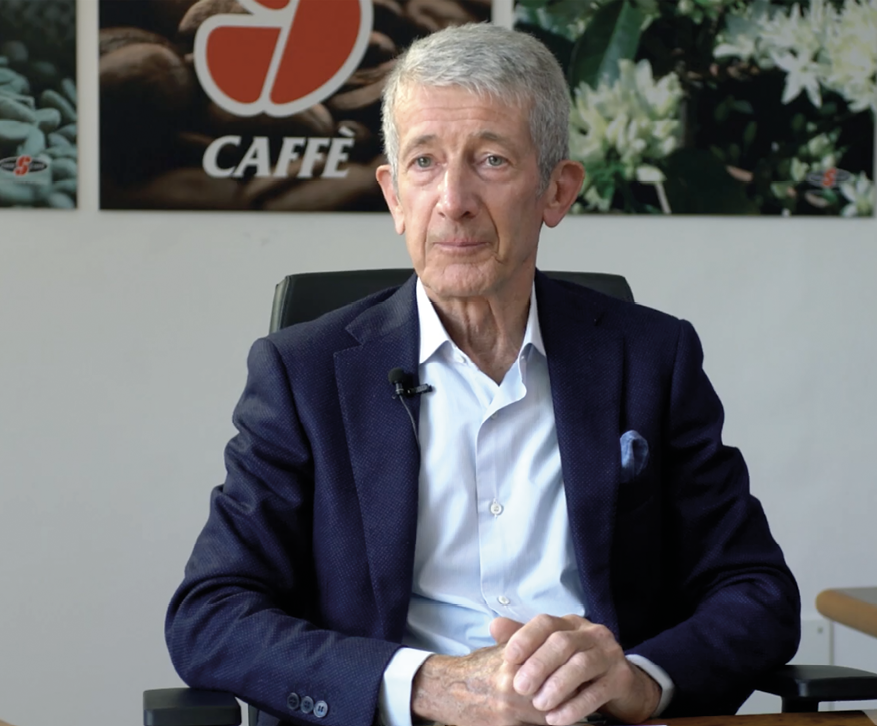“A network for inclusion” aims to give full value to a number of companies that are especially sensitive to inclusion and disability.
The initial contribution was made together with a company that has supported the Institute’s mission for years: Essse Caffè. Francesco Segafredo, CEO of the company he founded with his sisters Chiara and Cristina in 1979, talks with us about these subjects.
As is well known, the company buys, roasts, and markets coffee and complementary products.
Luca Torrente, the project’s director, conducts the interview.
What are your company’s good practices for supporting organizations like ours that deal with disability and inclusion?
Our sensitivity in these areas derives from a business model that I inherited from my father, according to which a company has to make money to contribute to social welfare. One example of this can be linked to investments in plant and machinery which, as a consequence, create new jobs.
On the other hand, an indirect aspect calls for the support of social organizations and activities, such as your Institute, which I had the great pleasure of knowing about through Dr. Federico Bartolomei.

What elements are essential for including people with disabilities in a company and, in general, in society?
There’s a risk of taking things for granted, saying that first of all you have to overcome psychological barriers in the form of prejudice and resistance to people with disabilities. On the contrary, it would be a good idea to give full value to the great abilities and values that may be encountered in people with disabilities.
And then, also taken for granted, is the matter of architectural barriers. I would be very happy to build a new plant guaranteeing full access.
Do you think Bologna is generally aware of aspects involving disabilities?
Yes, I think so, based on knowledge of the facts and on personal experience. Among other things, we support two foundations that by means of sports do really praiseworthy things with people who have various types of disabilities, such as taking them climbing or to the top of the Dolomites in the summer. They have absolutely wonderful experiences.

What can Bologna’s business community do to promote the inclusion of people with disabilities?
I have the feeling that inclusion and sustainability have become two words that go arm in arm, and have become the basis of every communication or press release issued by companies, organizations or, in general, by economists, by the social world, and by the political world. And that’s fine, because talking about inclusion and sustainability is an important first step. But I think it would be a better for everyone to talk a little less and do a little more. Because really, we shouldn’t have to talk about inclusion and sustainability: it should be implied, it should be part of our daily life.

.jpg)



.png)